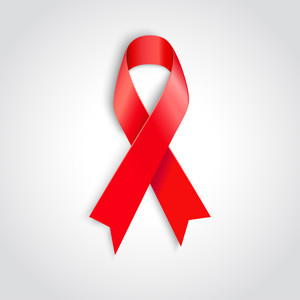February 24, 2015
 As women, we are often so occupied with taking care of everyone else that we tend to put ourselves at the bottom of the list beneath spouses, parents, children, family, friends, coworkers, pets, and everyone else who demands our attention – right now. And let’s be honest, at the end of the day, it’s often more attractive to plunk down in our favorite chair to watch young women try to capture the heart of the Bachelor than evaluate our own heart health.
As women, we are often so occupied with taking care of everyone else that we tend to put ourselves at the bottom of the list beneath spouses, parents, children, family, friends, coworkers, pets, and everyone else who demands our attention – right now. And let’s be honest, at the end of the day, it’s often more attractive to plunk down in our favorite chair to watch young women try to capture the heart of the Bachelor than evaluate our own heart health.
Years ago, heart disease was the domain of middle-aged men; the stereotype who settled in, stopped exercising, and got a little too thick around the middle. But stereotypes are made to be broken, and unfortunately, women of all ages now rival men for heart disease. We aren’t invincible, and as busy as we always are, we can’t help everyone else if we are not feeling well. Heart disease can sneak up on us when we least expect it, but it doesn’t have to; with more awareness, and a few simple changes, we don’t have to be another statistic waiting to happen.
The heart is a powerful muscle, but it needs regular care to stay that way. Heart disease is a leading killer of American women, with nearly 400,000 dying of the disease each year. This statistic is scary, but there is good news – heart disease can be prevented. But first, women must get serious about heart health. The best way to start is a conversation with your physician. Your healthcare provider can help you assess your personal risk for heart disease.
When discussing heart health or heart disease with their doctors, many women brush the topic off because they feel they aren’t at risk or because heart disease doesn’t run in their family. However, heart disease still kills nearly one woman per minute in the US. This year, make heart health a priority. Start eating better, get regular exercise, stop smoking, and keep your blood pressure under control.
Whatever stage of life you are in, taking care of your heart health should start now. Great strides are being made in protecting women’s heart health. The American Heart Association explains how heart attack symptoms can be different in women than in men, and sometimes more subtle than the obvious checklist of years ago. Nieca Goldberg, M.D., medical director for the Joan H. Tisch Center for Women’s Health at NYU’s Langone Medical Center, says women can experience a heart attack without the classic chest pressure that the acute condition is most commonly known for.
At Continuum, we understand that education and awareness are two of the most important ingredients in staying healthy and aging well. We offer many useful heart health resources, as well as help and advice if you or a loved one has recently suffered a heart incident.
Call (314) 863-9912 or contact us for more information about our St. Louis elderly care management and the communities we serve.
